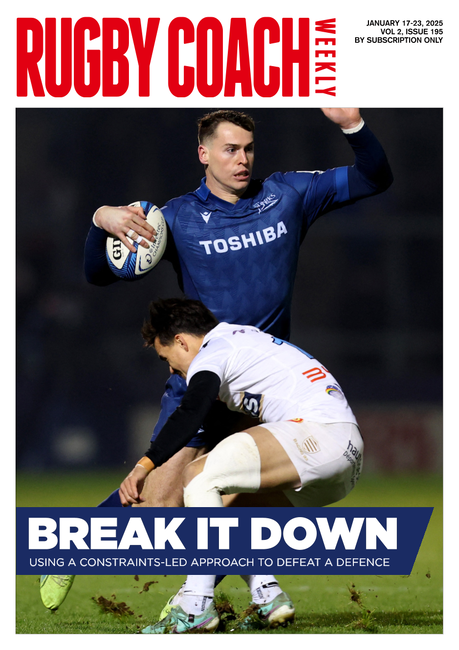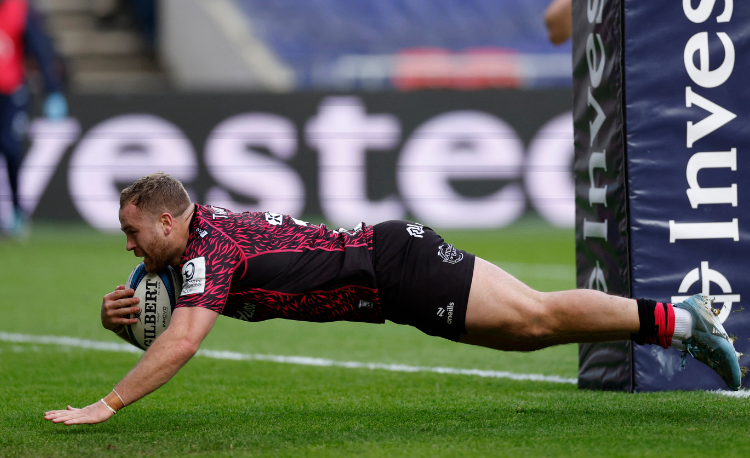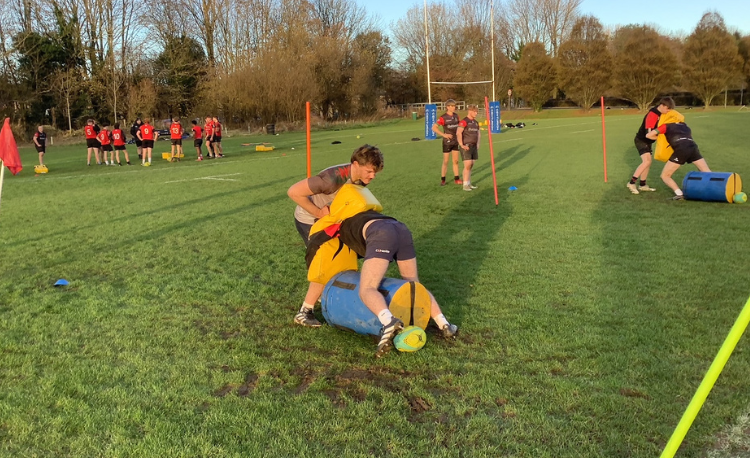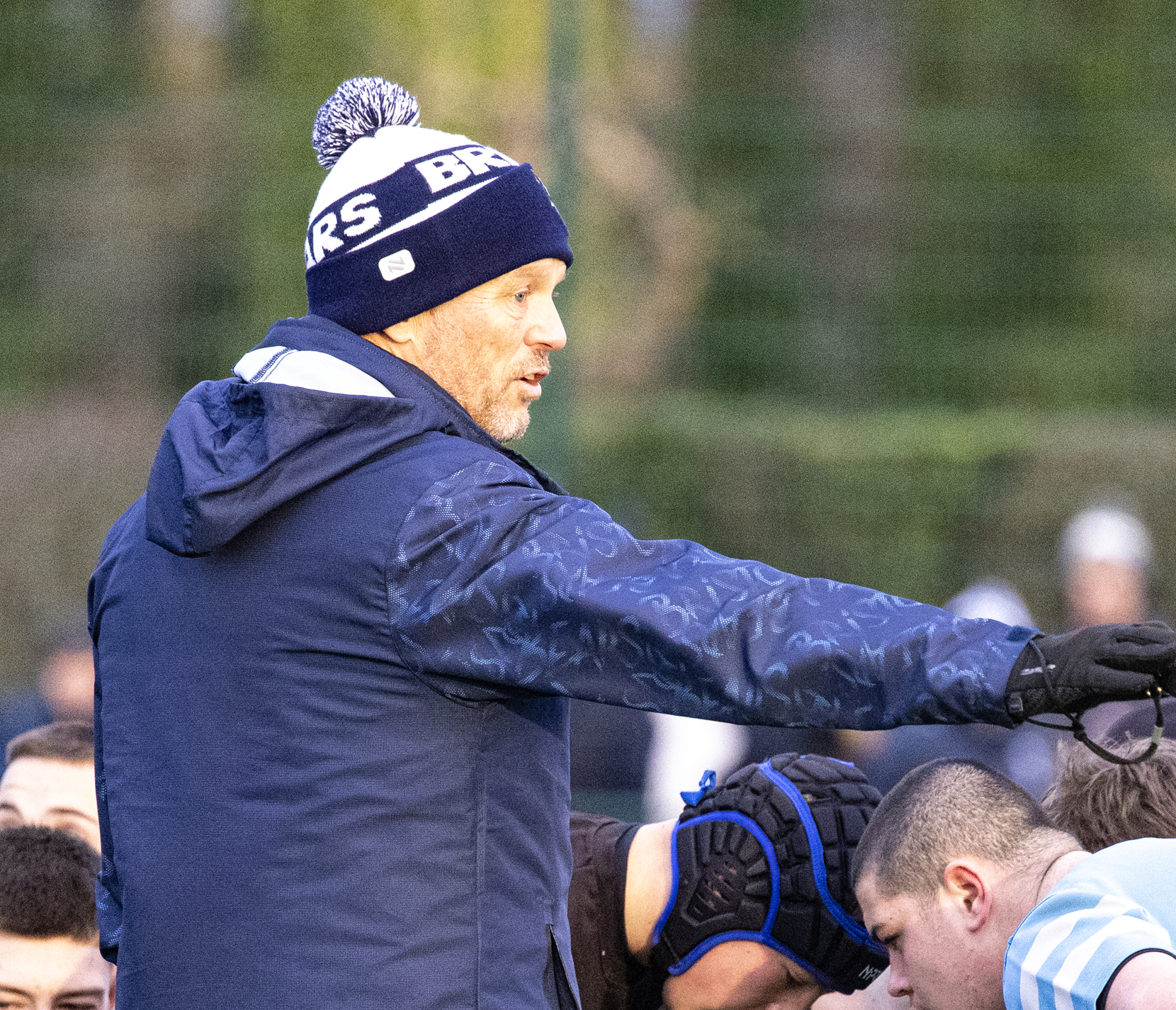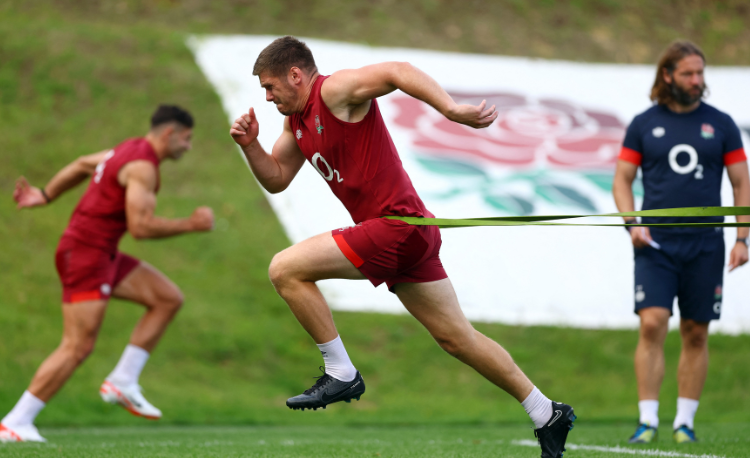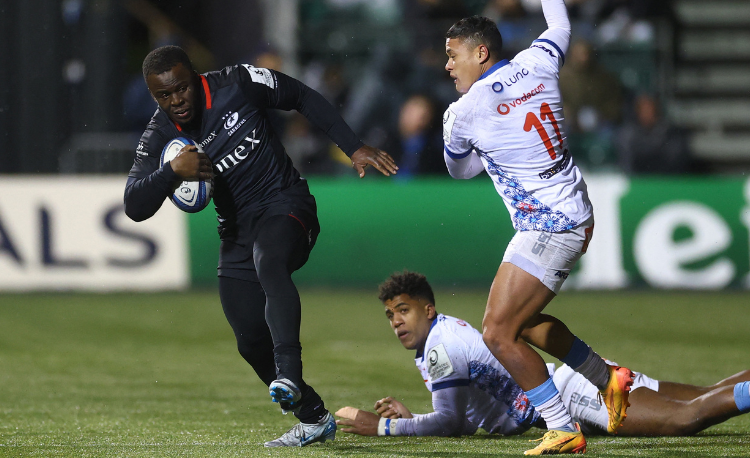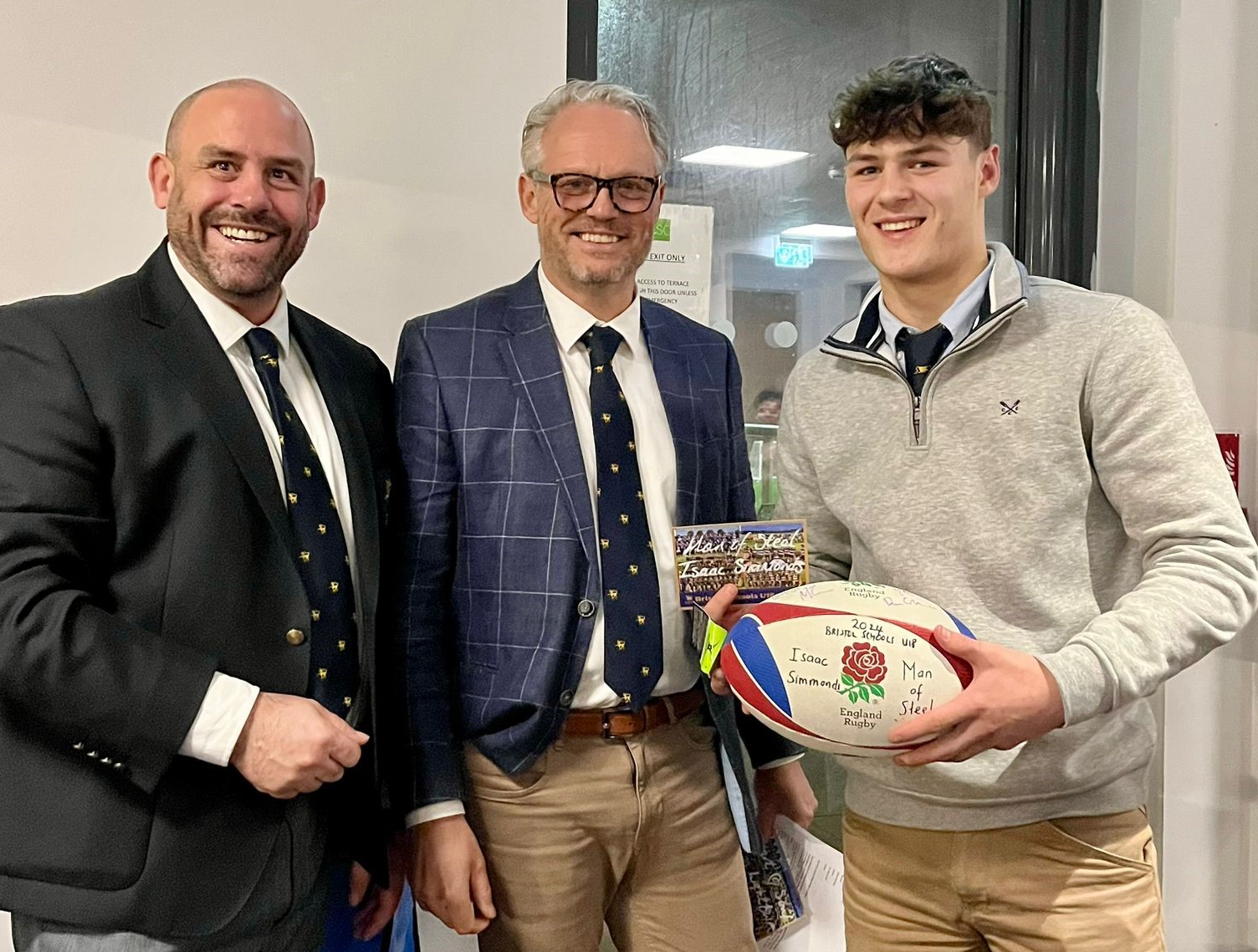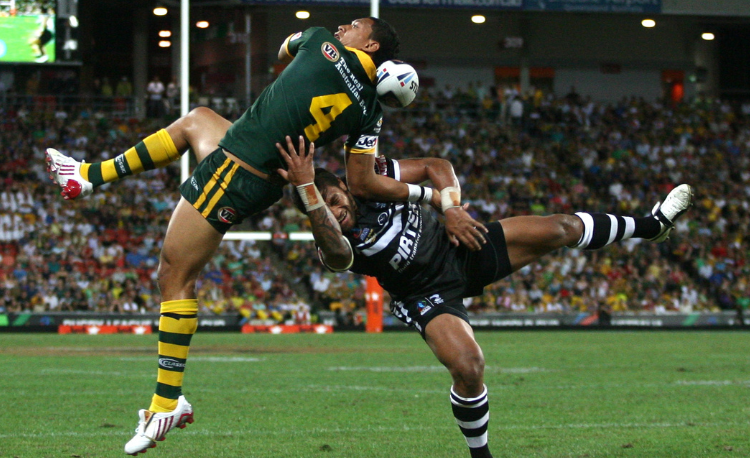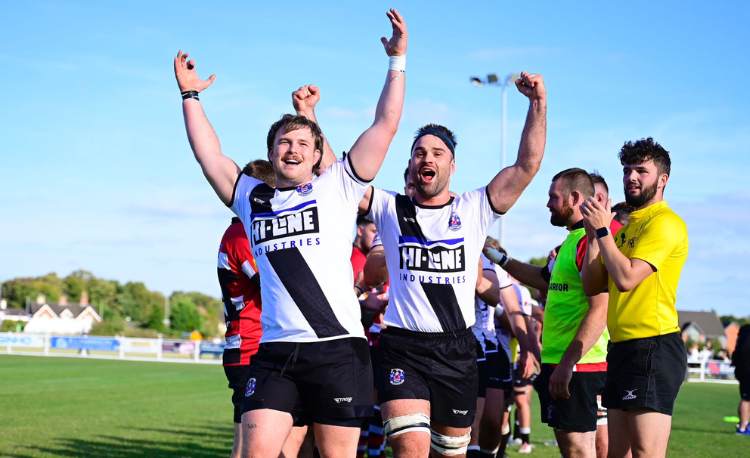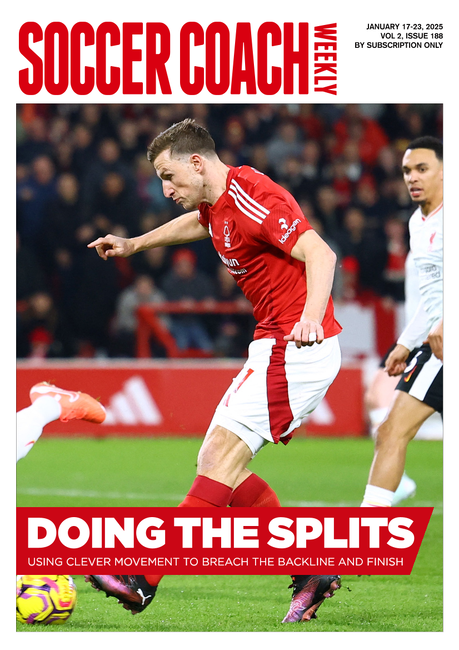How to ask your players the right questions
It isn’t always easy for athletes to understand what they are being taught. Sports psychologist Matt Shaw says asking the right questions can give better results
A powerful tool that any coach can use with their athletes is asking effective questions.
Not only does this allow you to measure their understanding, but it is also a simple way of consolidating their learning and knowledge.
However, not just any question will strengthen your athletes’ learning. The questions you ask must be psychologically rich to develop understanding.
So, what makes a question psychologically rich? Let’s take a deeper look into how to do this.
What does Rosenshine say?
Barak Rosenshine was a professor of education psychology, and he believed that asking questions was a staple part of teaching.
His third principle of instruction recommended teachers - or, in our case, coaches - should ask a lot of good questions.
This is because questions are a great way for your athletes to practice rehearsing new skills and make connections with previous learning, as it gives them a chance to discuss their thoughts.
Not only do questions show whether your players have understood what you are trying to teach them, be it a new skill or set of tactics, but they also reveal which players have engaged with the training session.
"Questions also reveal which players have engaged with the training session..."
If your players cannot answer your questions, it may suggest they need more guidance before you can move onto the next stage of teaching.
What makes a good question?
A “good” question can depend on many factors, such as what the players already know, the purpose of the question and the timing of it.
There are three forms of questions that are great for you to use with your players on the pitch. These are: pre-questions, hinge questions and elaborative interrogation.
Pre-questions
These types of questions are asked before you teach your athletes new skills.
For example, before teaching a player the correct technique for a skill, try asking them what they already know about this skill or if it is like anything they have learned before. This encourages them to start thinking and engages them with the skill before it is taught.
Pre-questions can help increase your players’ curiosity and the amount of attention they pay to the training session.
Some key benefits of pre-questions include:
- Allowing athletes to preview some of the skills and tactics they will learn in the training session
- Helping reduce players’ overconfidence, making them more open to learning new information
- Helping players become more curious about the topic, which helps them stay attentive in training sessions.
It is key to ask yourself whether pre-questions are appropriate in certain situations.
These types of questions are most beneficial when athletes have some prior knowledge of the skill or topic being taught. However, they may not be as useful if your players are completely new to the topic.

Hinge questions
These types of questions are asked during the actual teaching of a skill or method and allow for you to check for misunderstanding with your athletes.
You can use hinge questions as a midpoint to assess if you can move on with the skill or if you need to recap some key points.
Hinge questions should be used as ’quick checks’ and should take no more than two minutes for your athletes to respond, and around 30 seconds to collect and interpret their answer.
For example, when going though a game plan, you could simply use finger voting to check understanding after asking a question.
Hinge questions are every coach’s dream, as they help you plan what to do next.
If most of your players understand what is being taught, then you can simply move on with the session. However, you may spend some time individually with athletes who struggled with it.
If many of your athletes misunderstood the topic, then it might be worth reviewing the skills and addressing these misconceptions.
Here are examples of questions you can use to do so:
- How do you successfully perform a [skill]?
- What do you still not understand about this skill?
- Where should your body be during this movement?
Related Files

Elaborative interrogation
The third and final type of question is elaborative interrogation.
These are “why?” questions and can be used at the end of the training session to help your players think more deeply about what they have just learned.
Elaborative interrogation is beneficial as it helps your players to gain a greater understanding of what you are teaching, which will enhance their ability to remember information and cement this knowledge into their long-term memory.
To use this in your training sessions, try asking questions such as:
- Which part of the upper body is best to use when making a tackle and why?
- Why should you scan before you receive the ball?
- Why is it important to get into behind the ball carrier in support?
Although it may seem incredibly simple, the magic behind asking the right questions is truly something special. It gives your coaching and edge and enhances your players learning during training sessions.
Learning new skills and techniques can be very hard but by asking the right, psychologically rich questions, this lightens the load.
Newsletter Sign Up
Coaches Testimonials

Gerald Kearney, Downtown Las Vegas Soccer Club

Paul Butler, Florida, USA

Rick Shields, Springboro, USA

Tony Green, Pierrefonds Titans, Quebec, Canada
Subscribe Today
Be a more effective, more successful rugby coach
In a recent survey 89% of subscribers said Rugby Coach Weekly makes them more confident, 91% said Rugby Coach Weekly makes them a more effective coach and 93% said Rugby Coach Weekly makes them more inspired.
Get Weekly Inspiration
All the latest techniques and approaches
Rugby Coach Weekly offers proven and easy to use rugby drills, coaching sessions, practice plans, small-sided games, warm-ups, training tips and advice.
We've been at the cutting edge of rugby coaching since we launched in 2005, creating resources for the grassroots youth coach, following best practice from around the world and insights from the professional game.


